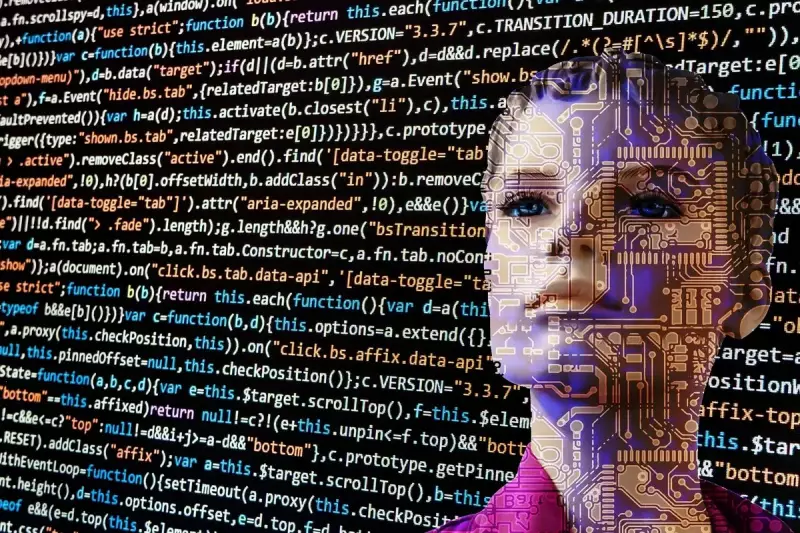
Across London's corporate landscape, a quiet revolution is turning into an expensive disappointment. Businesses that raced to implement artificial intelligence in their diversity and inclusion efforts are now counting the costs of what experts are calling "the AI inclusion illusion."
The Promise Versus The Reality
When AI tools first promised to revolutionise hiring practices and create more diverse workplaces, companies jumped at the opportunity. The technology claimed to eliminate human bias, identify top talent from underrepresented groups, and create balanced teams through data-driven decisions.
However, the reality has proven far more complicated. Instead of creating inclusive environments, many businesses are discovering that their AI systems are perpetuating the very biases they were meant to eliminate.
The Hidden Costs of Rushed Implementation
The financial impact is becoming increasingly clear. Companies are facing:
- Significant investment in AI systems that fail to deliver promised results
- Increased recruitment costs as flawed systems reject qualified candidates
- Potential legal exposure from biased hiring practices
- Damage to brand reputation and employer branding
- Decreased employee morale when diversity initiatives backfire
Why AI Diversity Tools Are Failing Businesses
The core problem lies in the data these systems are trained on. When AI learns from historical hiring data that reflects existing biases, it simply automates and amplifies those same patterns. The result is a technological solution that reinforces systemic issues rather than solving them.
As one London-based HR director confessed: "We spent six figures on an AI recruitment tool that promised to diversify our workforce. Instead, it systematically filtered out candidates from non-traditional backgrounds because it was trained to look for patterns from our historically homogenous workforce."
The Human Element Still Matters
This doesn't mean businesses should abandon AI entirely. The most successful organisations are taking a blended approach:
- Using AI as a tool rather than a replacement for human decision-making
- Regularly auditing AI systems for bias and unexpected outcomes
- Combining technological solutions with genuine cultural change
- Investing in training for hiring managers alongside technology implementation
Moving Forward Smarter
The lesson for UK businesses is clear: technology alone cannot solve complex human resources challenges. True diversity and inclusion require thoughtful strategy, cultural change, and human oversight - with AI serving as a supporting tool rather than a magic bullet.
As companies reassess their approach, those that balance technological innovation with human wisdom are finding themselves better positioned for sustainable success in London's competitive business environment.





